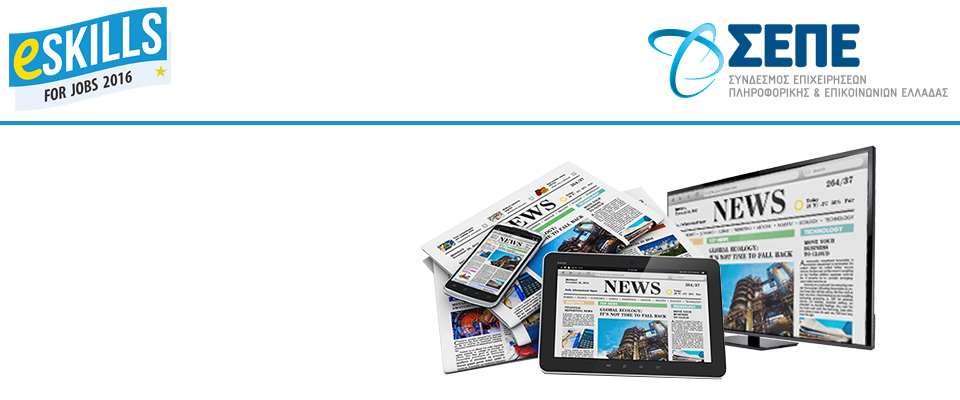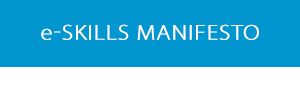ΝΕΑ

28/04/2016
Assessing Digital Skills in Europe: drawing the line between perception and reality
How do you measure digital skills? How do you know whether a candidate for a job has the skills and competences that they will need to do the work? Letting people self-assess their skills can seem like a simple solution, but it brings a big risk that they will misjudge their abilities.
ECDL position paper, which was launched on April 18, 2016, looked in detail at the results of studies carried out by the ECDL National Operators in Austria, Denmark, Finland, Germany and Switzerland. Each of the studies asked participants to rate their digital skills. This self-assessment was then put to the test using practical questions, and the results were compared.
Even though countries like Switzerland or Denmark are highly-ranked for the quality of their education systems and on international indexes such as the Digital Economy & Society Index, significant gaps between self-assessment and actual performance were found across most categories of essential computer skills such as word processing, spreadsheets, and using everyday online tools. For instance, in the study conducted in Austria, 94% of participants described their skills as “average” to “very good”, but only 39% of them achieved a corresponding test result.
The results point to the importance of providing evidence, such as certification, for any assessment of skills. Damien O’Sullivan, CEO of ECDL Foundation said, “We are seeing poor digital skills in countries that are recognised for having very digital societies. What I find even more worrying is that people don’t even know the extent of the problem or where they themselves are missing ICT skills. The findings of this paper make a strong case for structured training and certification of digital skills, to make sure that the workforce and businesses are ready to benefit from the opportunities that technology offers.”
Read more here.










